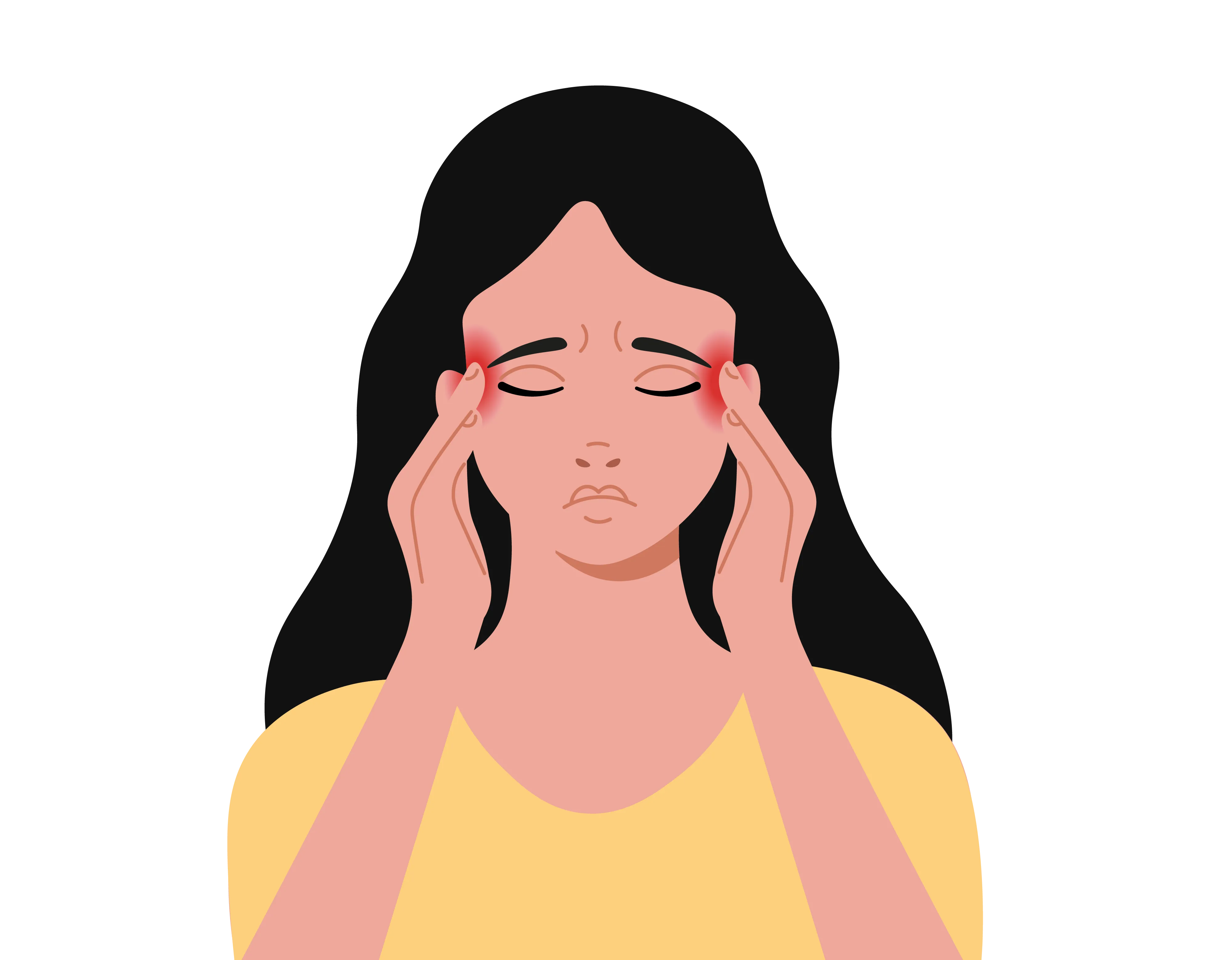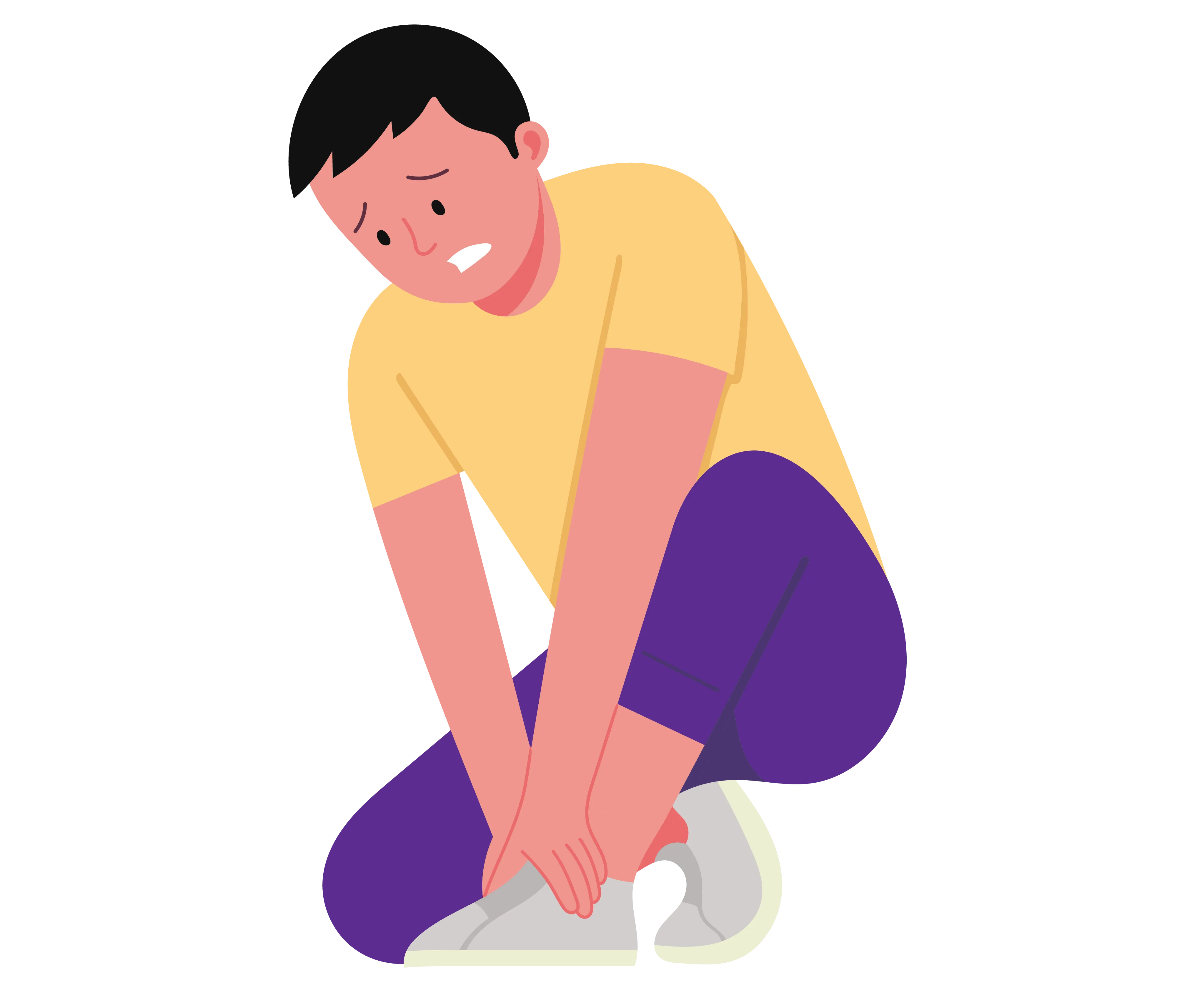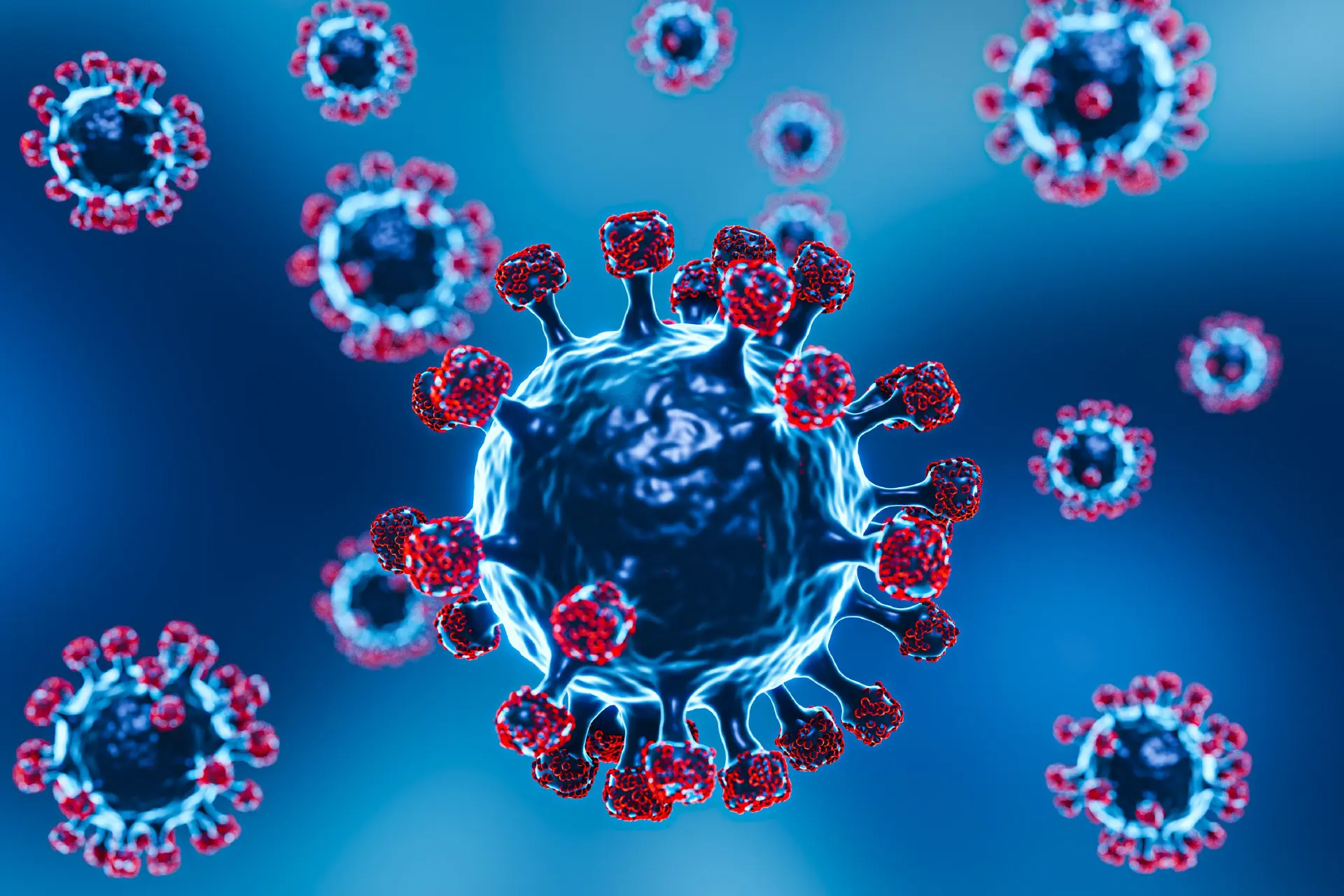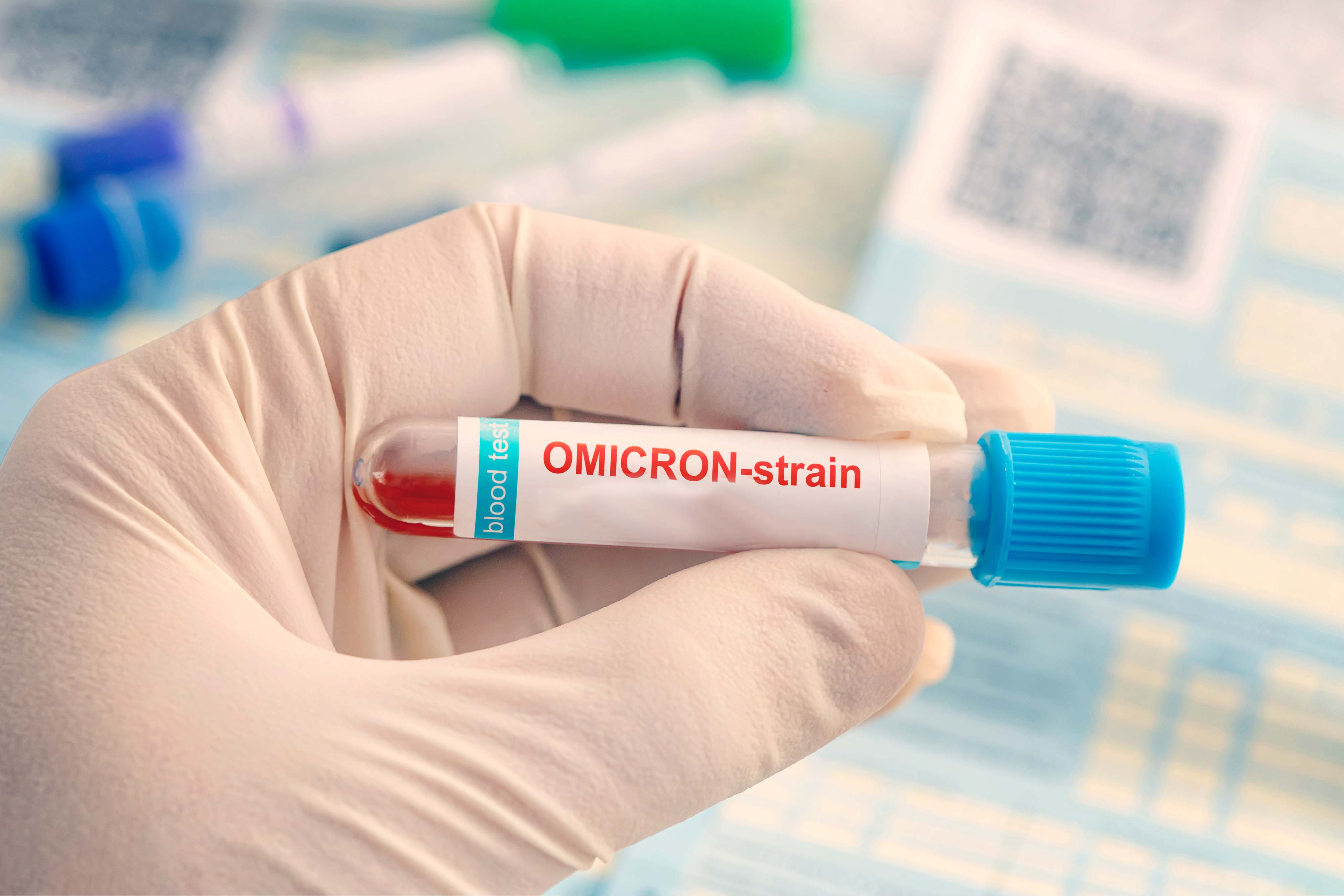Covid | 5 min read
Types of Post-COVID Conditions You Need to be Careful About
Medically reviewed by
Table of Content
Key Takeaways
- Post-COVID complications can last for weeks or even months after recovery
- Fatigue is one of the common physical health complications after COVID
- Stress, anxiety, and depression are some of the mental effects of coronavirus
COVID-19 has caused devastation across the globe, and although many people recover from the disease, some of them experience post-COVID conditions. These long-term COVID effects are still being studied and may be new or ongoing health problems. They may also continue for more than four weeks after getting in contact with the virus. Even those who showed no symptoms during the infection can experience post-COVID conditions.
Patients who tested negative for COVID-19 after recovery can also experience a range of post-COVID symptoms that can last for weeks or even months. These include symptoms like dizziness, cough, fever, breathing difficulty, and joint or muscle pain. A study reported fatigue as one of the most common post-COVID physical health complications along with other physical and mental long-term COVID effects.
Read on to learn about the types of post-COVID conditions and the effects of coronavirus on mental and physical health.
Types of post-COVID conditions
People have reported experiencing different post-COVID complications, some of which are listed below.
- Tiredness or fatigue
- Cough or fever
- Diarrhea
- Headache
- Mood changes
- Anxiety and depression
- Heart palpitations
- Chest or stomach pain
- Loss of taste and smell
- Muscle or joint pain
- Difficulty sleeping
- Dizziness or lightheadedness
- Uncomfortable tingling or prickling
- Difficulty breathing or shortness of breath
- Itching, irritation, and swelling on the skin
- Thinking, memory, and concentration problems
- Worsened symptoms after physical or mental activities
Multi-organ effects of coronavirus
COVID-19 can cause multi-organ damage to various parts of the body including your heart, lungs, kidneys, brain, skin, and blood vessels. Although it primarily affects respiratory organs, people can experience multisystem inflammatory syndrome (MIS) [4] and autoimmune conditions too. An autoimmune condition occurs when your immune system mistakenly affects healthy cells leading to inflammation and tissue damage. Some people experience these long-term COVID effects on various body systems for weeks or months.
Lung disease is the most common complication of COVID-19 as many suffer from excessive lung damage and pulmonary fibrosis. Certain secondary infections such as bacterial and fungal infections like mucormycosis [5] have also been reported that affect the skin and respiratory system. Apart from this, COVID-19 can damage heart muscles, increase the risk of heart attack, and cause other cardiac complications. Conditions related to brain have also been reported including strokes, seizures, and Guillain-Barre syndrome [6].
Additional Read: Black Fungus, White Fungus, Yellow Fungus: What Are The Key Differences?

Mental effects of coronavirus
Anxiety and depression
This is a result of continued stress during the recovery phase. COVID-19 doesn’t just impact your respiratory organs but can also impact you mentally and emotionally. To overcome these conditions, keep yourself busy doing things you love. Connect with your friends and family, take your medications and avoid negative news and social media.
Insomnia
This sleep disorder is more common in patients who have stayed alone and isolated in hospitals or at home for weeks. Loneliness, stress, and anxiety can lead to insomnia in people who have recovered from COVID. Follow a proper schedule, try stress management techniques, and consult a doctor to manage this condition.
Post-traumatic stress disorder
PTSD [7] is a psychiatric disorder and is one of the common effects of coronavirus in people who have experienced COVID-19 and have been hospitalized due to it. You may consult a therapist or counselor to find ways of overcoming this condition.

Physical health complications of COVID-19
Reduced physical activity
This is a result of the damage done by coronavirus on the functioning of different cells and organs in your body. It leads to a decrease in physical ability and poor exercise tolerance. Regain your strength by incorporating a healthy diet and lifestyle.
Fatigue and tiredness
Fatigue is the most common post-COVID health complication. A lot of your body’s energy is diverted to the infection. This is why you feel fatigued and tired for a few days or weeks even after recovering from the disease. Plan your day better, reorganize your space and go easy on yourself to combat this.
Myalgia and arthralgia
You may experience pain in muscles and joints for some time after recovering from COVID-19. These are the after-effects of the damage done by the disease in your body. Relax, take rest, and eat foods rich in minerals and vitamins to improve your immunity. Consult your doctor if the complications become severe.
Additional Read: Covishield vs Sputnik vs Covaxin or Pfizer? Major Differences and Important TipsMany long-term COVID effects are still unknown as research is ongoing with the doctors closely monitoring the functioning of organs after recovery. The Centers for Disease Control and Prevention suggest getting vaccinated to prevent post-COVID conditions. If you haven’t yet, you can conveniently book a slot with the help of the vaccine finder on Bajaj Finserv Health. You can also book an online doctor appointment and consult doctors virtually to know more about the effects of coronavirus in the long term and your existing health conditions.
References
- https://www.who.int/news/item/13-10-2020-impact-of-covid-19-on-people's-livelihoods-their-health-and-our-food-systems
- https://diversityhealthcare.imedpub.com/benchmarking-the-devastating-effects-of-covid19-on-economies-and-social-life-in-the-eu-and-in-selected-countries-mostly-affected-b.php?aid=28633
- https://pubmed.ncbi.nlm.nih.gov/34051516/, https://www.cdc.gov/mis/index.html
- https://www.cdc.gov/fungal/diseases/mucormycosis/index.html
- https://www.medicalnewstoday.com/articles/167892#what-is-it
- https://www.nimh.nih.gov/health/topics/post-traumatic-stress-disorder-ptsd
- https://www.cdc.gov/coronavirus/2019-ncov/long-term-effects.html
Disclaimer
Please note that this article is solely meant for informational purposes and Bajaj Finserv Health Limited (“BFHL”) does not shoulder any responsibility of the views/advice/information expressed/given by the writer/reviewer/originator. This article should not be considered as a substitute for any medical advice, diagnosis or treatment. Always consult with your trusted physician/qualified healthcare professional to evaluate your medical condition. The above article has been reviewed by a qualified doctor and BFHL is not responsible for any damages for any information or services provided by any third party.





